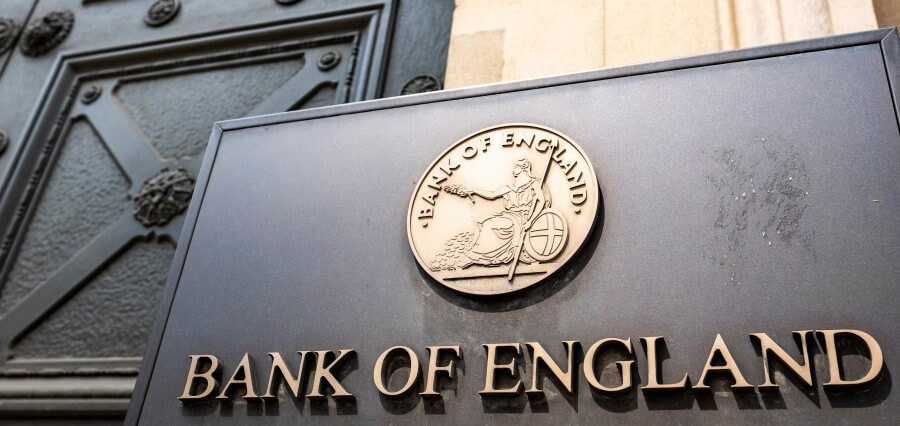The UK must remain vigilant in the fight against inflation, despite recent figures showing price rises have eased to the Bank of England’s 2% target, according to Catherine Mann, a member of the Bank’s Monetary Policy Committee (MPC). Mann warned that underlying price pressures in the economy remain robust, necessitating a firm approach when setting interest rates.
Mann, one of four policymakers who opposed the recent reduction in UK interest rates from 5.25% to 5%, expressed concern over persistently high services inflation and faster-than-expected wage growth. She highlighted that while headline inflation held steady at 2% in May and June, it is expected to rise to 2.3% in July due to ongoing volatility in energy and goods prices.
In a podcast interview with “The Economics Show,” Mann cautioned against complacency, stating, “We shouldn’t be seduced by headline inflation.” She emphasized that the falling prices of energy and goods, which have temporarily lowered average inflation, could easily reverse.
Mann pointed out that services inflation, currently rising at over 5% annually, is incompatible with the Bank’s goal of maintaining sustainable headline inflation at 2%. She warned of an “upward ratchet” effect in the services sector, where prices rarely decrease, unlike goods prices that have, in some cases, returned to near pre-pandemic levels.
This ratchet effect, driven by wage pressures and competitive pricing among manufacturers, may lead to more persistent inflationary shocks, forcing central banks to keep interest rates elevated. Mann also expressed concerns about global factors, such as higher shipping and transportation costs, which could further drive up the cost of goods in the UK.
When asked about her stance on future interest rate cuts, Mann rated her caution level as a seven out of ten, citing the economy’s unexpected resilience as a factor giving firms more leeway to raise prices.

